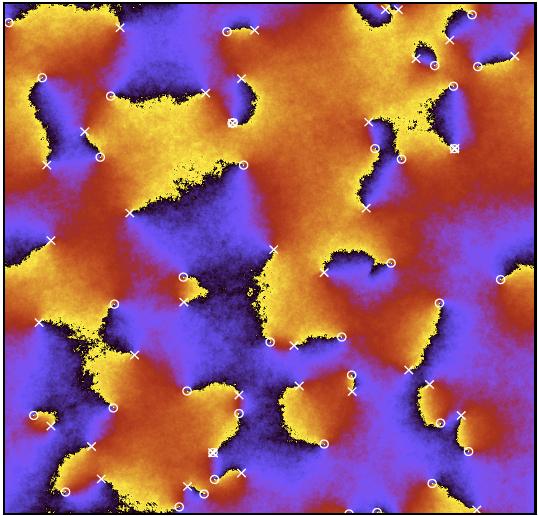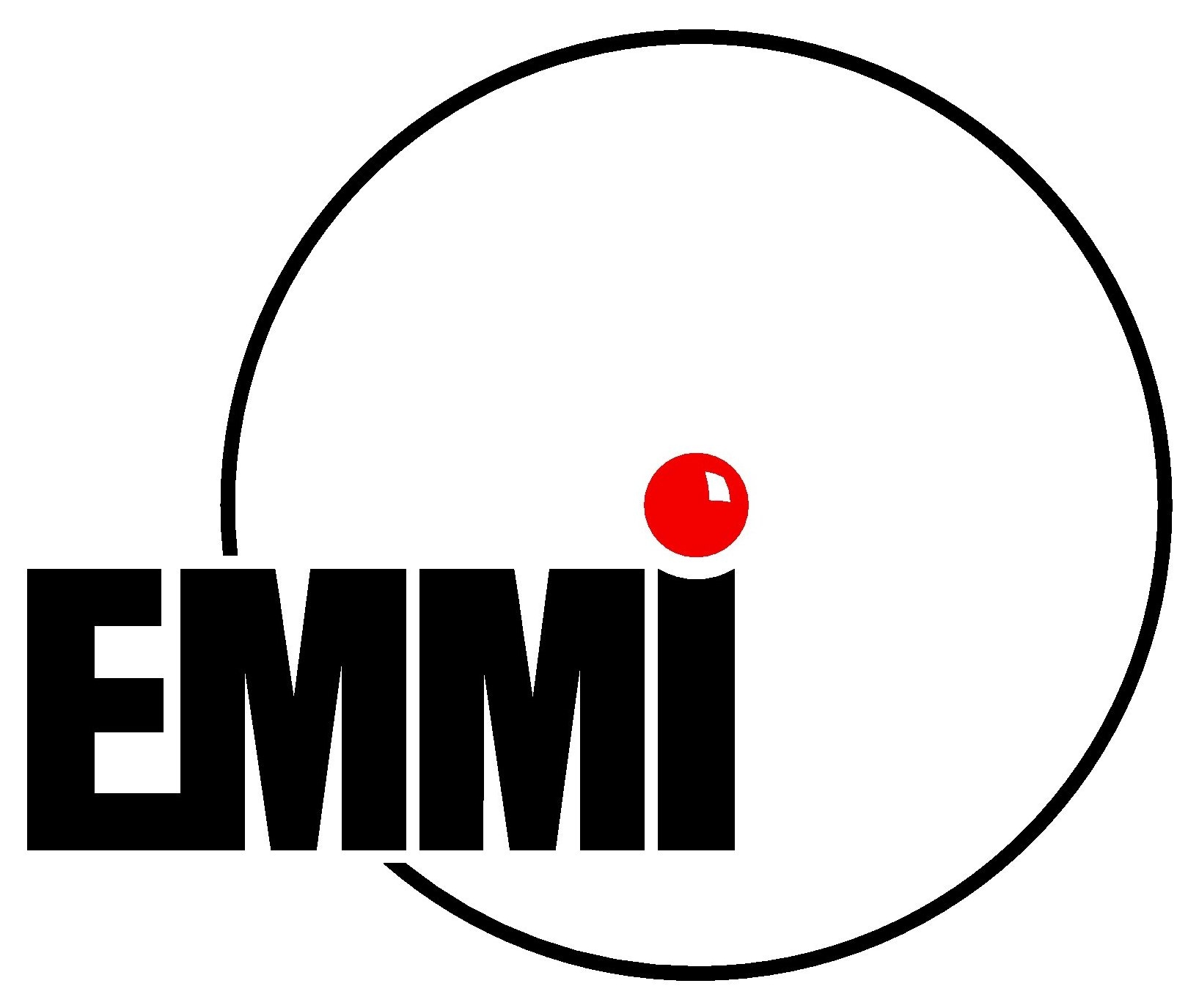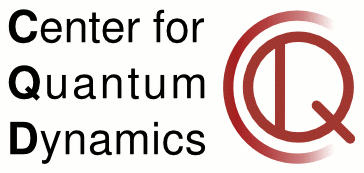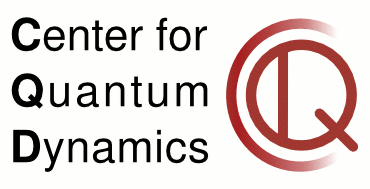Relaxation, Turbulence, and Non-Equilibrium Dynamics of Matter Fields
- From Quantum Fluids to High-Energy Physics -
 The dynamics of systems with many degrees of freedom far from thermal equilibrium has become an outstanding focus topic in very different areas in physics ranging from ultracold atomic gases, superfluid helium, via hard condensed-matter systems to quark-gluon matter and cosmological inflation. The technological possibilities available today for studying ultracold atomic gases allow to freely and precisely model initial states, and to drive systems far from their equilibrium configuration. At the opposite end of the energy scale, quark-gluon matter is produced in heavy-ion collision in far-from-equilibrium states, and its relaxation and conversion into hadron matter has stimulated an extensive discussion about the relevant dynamical processes. These include the exciting possibility that non-thermal fixed points, turbulence, and topological excitations affect the time-line of the equilibration process.
The workshop will bring together international experts from the above fields to discuss topological structure formation, (superfluid) turbulence and critical dynamics far from thermal equilibrium. The primary aim is to spark the exchange of ideas and experiences, including the possibility to initiate potential collaborations between researchers from the diverse areas based on the topics under consideration.
The dynamics of systems with many degrees of freedom far from thermal equilibrium has become an outstanding focus topic in very different areas in physics ranging from ultracold atomic gases, superfluid helium, via hard condensed-matter systems to quark-gluon matter and cosmological inflation. The technological possibilities available today for studying ultracold atomic gases allow to freely and precisely model initial states, and to drive systems far from their equilibrium configuration. At the opposite end of the energy scale, quark-gluon matter is produced in heavy-ion collision in far-from-equilibrium states, and its relaxation and conversion into hadron matter has stimulated an extensive discussion about the relevant dynamical processes. These include the exciting possibility that non-thermal fixed points, turbulence, and topological excitations affect the time-line of the equilibration process.
The workshop will bring together international experts from the above fields to discuss topological structure formation, (superfluid) turbulence and critical dynamics far from thermal equilibrium. The primary aim is to spark the exchange of ideas and experiences, including the possibility to initiate potential collaborations between researchers from the diverse areas based on the topics under consideration.
The workshop will take place at the Internationales Wissenschaftsforum Heidelberg, situated in the old town of Heidelberg at the foot of the castle hill, from 21. to 24. June 2012.
Read more about the aims and topics of the workshop...
Invited speakers:
Alberto Amo (LPN, CNRS, Paris)
Brian Anderson (University of Arizona, Tucson, USA)
Vanderlei Bagnato (Universidade Federal de Sao Carlos, Brazil)
Carlo Barenghi (University of Newcastle, UK)
Jürgen Berges (Universität Heidelberg, Germany)
Jean-Paul Blaizot (CEA, Saclay, France)
Elena Bratkovskaya (FIAS, Frankfurt, Germany)
Matthew Davis (University of Queensland, Brisbane, Australia)
Sergej Demokritov (Universität Münster, Germany)
Vladimir Eltsov (Aalto University, Finland)
Gregory Falkovich (Weizmann Institute, Israel)
Kenji Fukushima (Keio University, Japan)
Andrei Golov (University of Manchester, UK)
Ulrich Heinz (Ohio State University, Columbus, USA)
Kerson Huang (MIT, USA & NTU, Singapore)
Jonathan Keeling (University of St. Andrews, UK)
Larry McLerran (Brookhaven National Laboratory, USA)
Sergey Nazarenko (University of Warwick, UK)
Boris Nowak (University of Heidelberg, Germany)
George Pickett (University of Lancaster, UK)
Anton Rebhan (Technische Universität Wien, Austria)
Jörg Schmiedmayer (Technische Universität Wien, Austria)
Gora Shlyapnikov (Universite Paris-Sud XI, Orsay, France)
Johanna Stachel (Universität Heidelberg, Germany)
Hiromitsu Takeuchi (University of Hiroshima, Japan)
Igor Tkachev (INR Moscow, Russia)
Makoto Tsubota (Osaka City University, Japan)
Joe Vinen (University of Birmingham, UK)
Christof Wetterich (Universität Heidelberg, Germany)
Michiel Wouters (Universiteit Antwerpen, Belgium)
International Scientific Advisory Committee
|
Organizing Committee
Contact |



